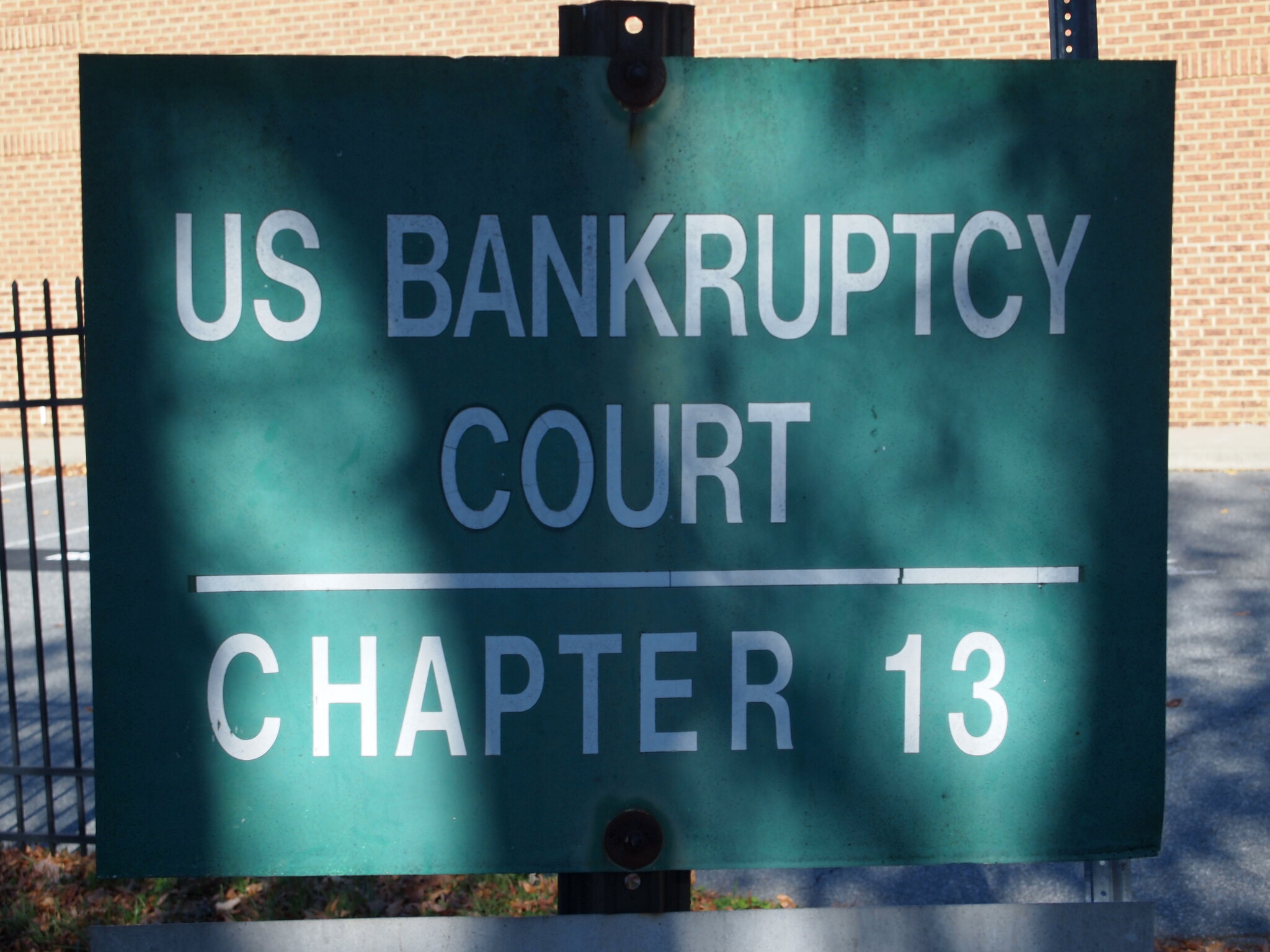The choice between different types of bankruptcy actually falls with the state more than it does with the debtor.
Boston, MA – There comes a time in everyone’s life when they face financial hardship. And when that time comes, one must at least consider filing for bankruptcy. Now, the first step towards that is getting a consultation with seasoned lawyers. They’ll help you determine if bankruptcy is the best choice in your particular situation – it might not be. You might have other options available to you, which you’ve so far failed to consider. You should never file for bankruptcy if there are other, milder options on your horizon.
It’s also helpful to better understand what filing for bankruptcy in Boston entails. Below, we break down the different types of bankruptcy you need to familiarize yourself with before consulting Boston bankruptcy lawyers.
Why are there different types of bankruptcy?
Bankruptcy law in Massachusetts (as well as in the rest of the United States) is primarily governed by the U.S. Bankruptcy Code. Because everyone’s situation is a little different, the Bankruptcy Code offers multiple options for people in financial difficulty to deal with outstanding debt.
How do you determine which is best?
The choice between different types of bankruptcy actually falls with the state more than it does with the debtor. As you’ll see below, the different bankruptcy chapters hinge primarily on your income. Falling below a certain income will automatically mean you must file for Chapter 7 bankruptcy, while rising over or above a certain income may mean Chapter 13 bankruptcy is your best bet.
Income, however, isn’t everything, and you may still be able to choose the type of bankruptcy that you consider most beneficial. To do that, you should reach out to our Massachusetts bankruptcy lawyers, to help you weigh your options.
Chapter 7 bankruptcy
Chapter 7 bankruptcy is preferred by many people for several reasons. One major benefit of Chapter 7 bankruptcy is that it can erase a lot of your debt. Chapter 7 bankruptcy can get rid of overdue credit card balances, medical bills, or overdue utility payments. It focuses on selling the debtor’s assets in order to pay the rest of your debts.
Chapter 7 bankruptcy is extremely quick (typically concluded within 3-4 months), and a lot cheaper than its alternatives. However, it may not be a good option if you’ve got a lot of assets, and income, as you risk losing it.
Chapter 13 bankruptcy

Individuals who don’t consider Chapter 7 bankruptcy their best option can opt for Chapter 13, instead. Chapter 13 focuses on reorganizing your financial situation, and working out a monthly payment plan.
Generally, Chapter 13 bankruptcy is a good option for folks who benefit from a steady income, as it allows them to pay off debt without losing their assets.
Chapters 9, 11, and 12
If you’re filing as an individual, your options are Chapter 7 or Chapter 13 bankruptcy. But maybe you’re not, in which case you should consult Boston bankruptcy lawyers immediately, to understand your situation.
Chapter 9 bankruptcy probably won’t concern you, as it targets cities, school districts, and municipalities filing for bankruptcy.
Chapter 11 is a type of bankruptcy best reserved for large corporations and business entities, while Chapter 12 offers a clean slate to small farmers and fishermen.
Tip: Since you’ll be dealing with lawyers and court clerks for the next few months, now would be a good time to educate yourself a bit on legal matters.


Join the conversation!